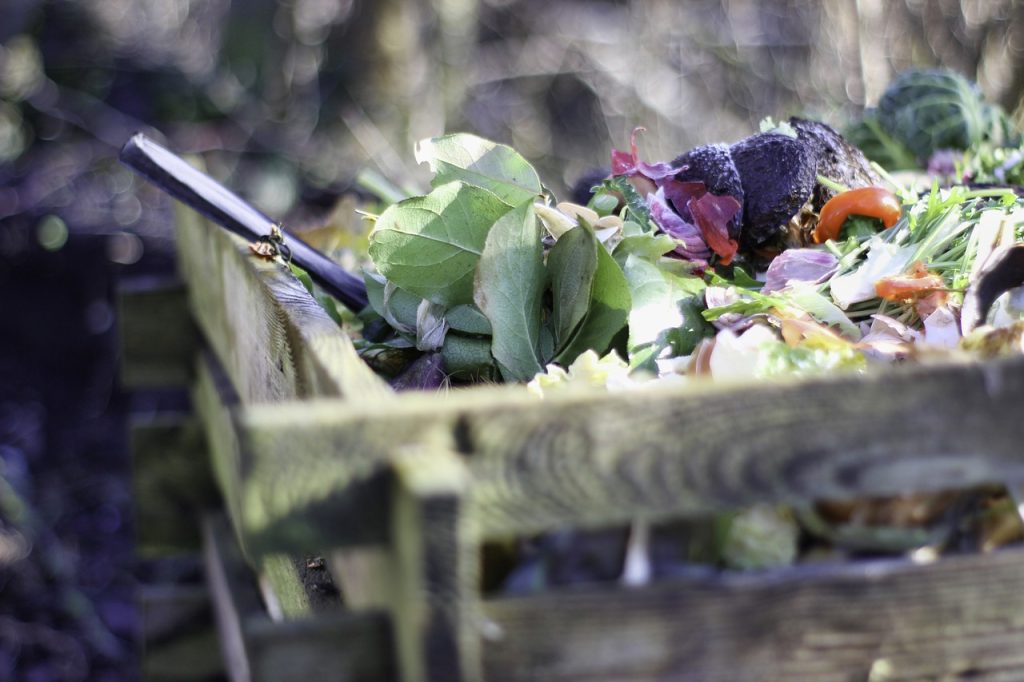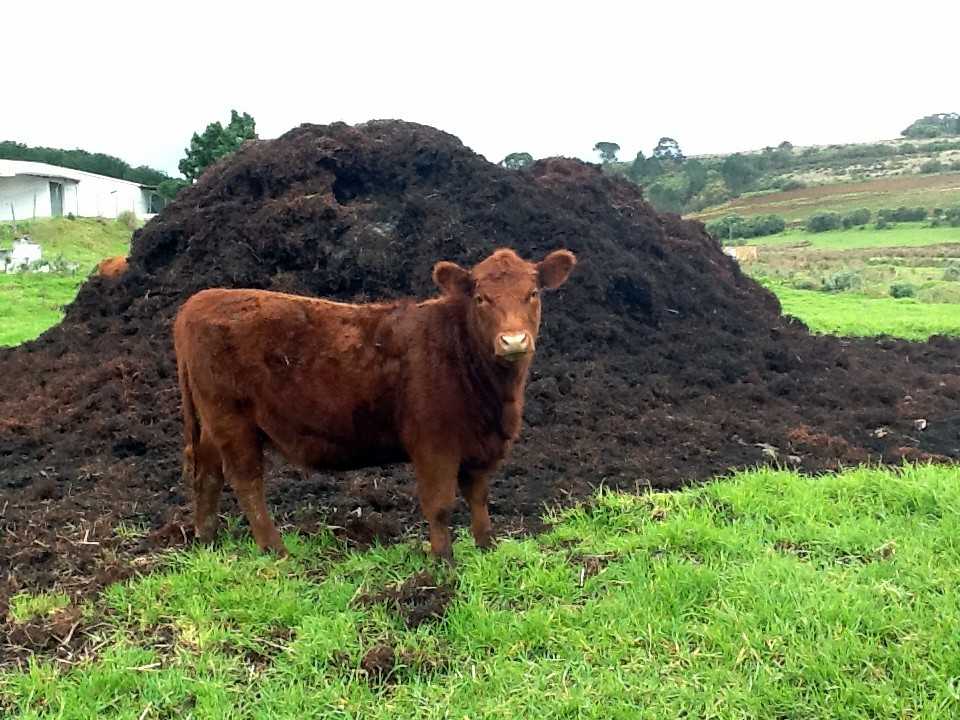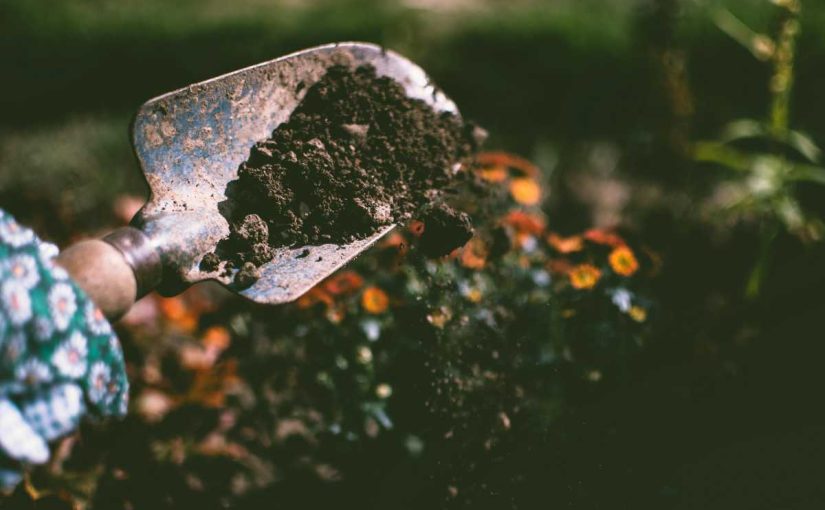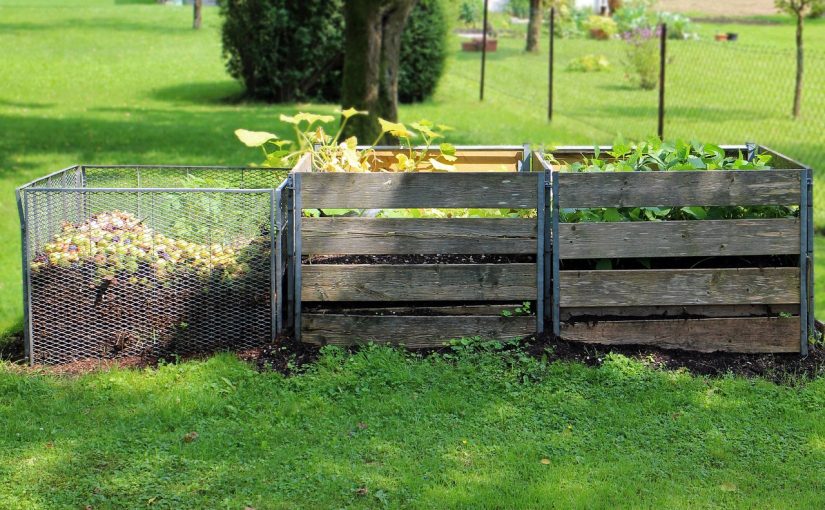Composting is a great way to recycle organic waste, improve soil health, and reduce landfill waste. However, maintaining a healthy compost pile requires more than just dumping kitchen scraps and garden waste into a heap. For compost to break down efficiently and produce rich, nutrient-dense humus, you need to keep your pile in good condition. Here are 7 important methods to ensure your compost stays healthy and breaks down faster.
1. Maintain the Right Moisture Level
Moisture is crucial for composting. Too little moisture will slow down the decomposition process, while too much moisture can create anaerobic conditions, leading to foul odors and a slower breakdown.
- How it helps: Proper moisture supports the microbial activity that breaks down organic matter.
- Tip: Your compost should feel like a wrung-out sponge—damp but not soggy. Water it occasionally if it’s too dry, or add more dry materials like leaves or straw if it’s too wet.
2. Turn the Pile Regularly
Turning your compost pile introduces oxygen into the mix, which is essential for aerobic bacteria that decompose organic materials faster. Without regular turning, the compost can become compacted and lack the airflow needed for efficient decomposition.
- How it helps: Aerating the pile speeds up decomposition by allowing beneficial microbes to thrive.
- Tip: Turn the pile once a week or whenever the temperature starts to decrease. Use a pitchfork, shovel, or compost aerator to turn the pile thoroughly.
3. Maintain the Right Ratio of Greens to Browns
For effective composting, you need a balance between nitrogen-rich green materials (like kitchen scraps, grass clippings, and coffee grounds) and carbon-rich brown materials (such as dry leaves, paper, and straw). An improper balance can slow down the composting process or cause odors.
- How it helps: Green materials provide nitrogen, which fuels microbial activity, while brown materials provide carbon, which helps maintain proper airflow and structure.
- Tip: Aim for a ratio of about 3:1 or 2:1 (browns to greens). If the pile smells too much like ammonia, it’s likely too high in nitrogen, and you should add more brown materials.
4. Ensure Proper Pile Size and Structure
The size of your compost pile is important for maintaining the right temperature and aeration. A pile that’s too small will not heat up enough to decompose quickly, while a pile that’s too large may become compacted and lack oxygen.
- How it helps: A properly sized pile helps maintain consistent temperature and airflow, which accelerates decomposition.
- Tip: Aim for a pile that’s at least 3 feet by 3 feet in size. This ensures the pile will generate enough heat to break down organic materials efficiently.
5. Monitor the Temperature
A healthy compost pile should be kept at a temperature of 130°F to 160°F (54°C to 71°C). A pile that’s too cool will decompose slowly, while one that’s too hot can kill beneficial microbes.
- How it helps: Heat accelerates decomposition by increasing microbial activity.
- Tip: Use a compost thermometer to monitor the temperature. If it gets too hot, turn the pile to introduce more oxygen. If it’s too cool, add more green materials to generate heat.
6. Avoid Adding Problematic Materials

Certain materials can disrupt the composting process, such as meat, dairy, fats, and oils. These materials can attract pests, create odors, and slow down decomposition. In addition, avoid adding pet waste, diseased plants, or weeds that have gone to seed, as they can introduce pathogens or seeds back into the soil.
- How it helps: Excluding problematic materials ensures a healthier, faster-decomposing compost pile.
- Tip: Stick to plant-based kitchen scraps, garden waste, and other compostable materials like paper, cardboard, and straw.
7. Add Compost Activators or Starters
If your compost pile is slow to break down, you can boost the decomposition process by adding compost activators. These products contain beneficial microorganisms that help speed up the breakdown of organic materials. Alternatively, you can add a bit of finished compost to the pile, which will introduce active microbes.
- How it helps: Compost activators introduce the beneficial bacteria and fungi needed to speed up decomposition.
- Tip: Use a store-bought compost accelerator or add a few shovelfuls of finished compost to your pile to boost microbial activity.
Conclusion
Maintaining a healthy compost pile involves monitoring moisture, temperature, and the balance of materials, as well as regular turning and aeration. By following these 7 important compost maintenance methods, you can ensure that your compost breaks down efficiently, turning organic waste into rich, nutrient-dense compost for your garden.




